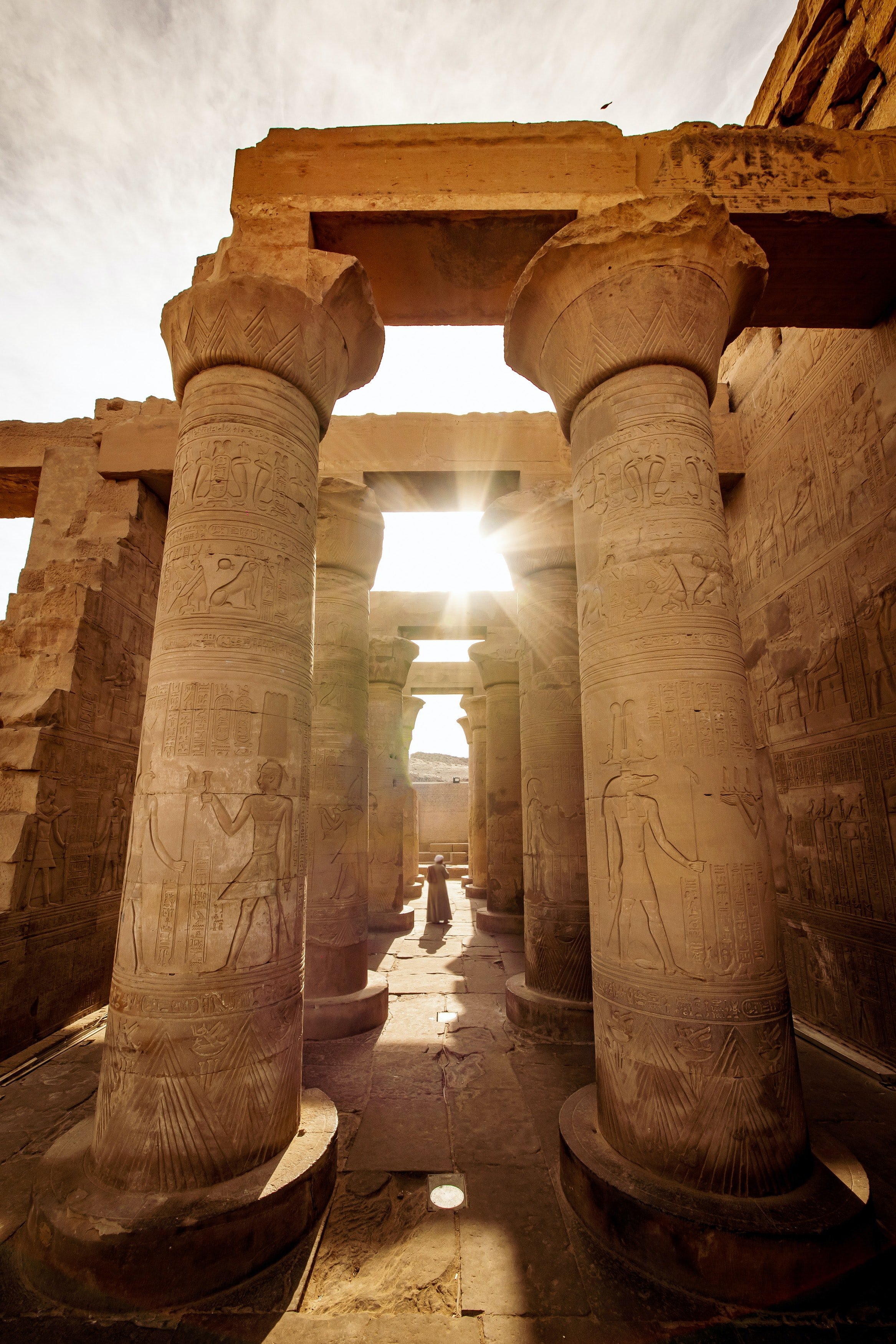In our exploration of Christian heresies, we see much of the problem stems from the effort to square Jesus’s life and ministry with the oneness of God. In other words, how can there be only one God, as the Old Testament affirms, then how does Jesus fit into that equation? The heretic, whatever his motivation, usually winds up denying some aspect of Jesus in order to ‘fit’ Him into their view of God’s oneness, usually either by denying His humanity or His divinity.
Read MoreDespite the undivided church coming together at the Council of Nicaea to lay out the basics of its understanding of the Trinity in the year AD325, the heresy of Arianism continued to flourish. If you’ll recall, Arianism posits that Jesus was not eternally present with God the Father but was rather a created being. That is why the Nicaean Creed states of Jesus;
Read MoreWhenever I hear ‘Montanism’ all I can think of is poor Vasily Borodin in ‘The Hunt for Red October’ uttering with his dying breath, ‘I would have liked to have seen Montana.’ Poor Vasily, who only wanted to live in Montana, marry a round American woman and drive a pickup truck... or maybe even a ‘recreational vehicle’. Sadly, it was not to be for Vasily, shot by the cook (who we all knew was up to something, the way the camera lingered on him in that one scene).
Read Moret’s attractive, isn’t it? That there is secret, hidden knowledge available to a few, select individuals and that you have been invited to share in its mysteries. If the great temptation of Christian theologians is to seek to overexplain and eliminate any hint of ambiguity, who furiously fret at the hem of anything that smacks of ‘mystery,’ unraveling as much as they can and sweeping anything leftover under the rug, thereby winding up in heresy, there is another path to heresy when people don’t understand Christianity as a unity within itself. In other words, if we are free to take stuff that we like and excise the parts we don’t, we wind up as heretics.
Read MoreIntroducing the first in a series exploring various heresies that have plagued Christianity throughout the centuries. Many of the tenants of the Faith which we now take for granted began as antidotes to these heresies. For example, the Nicene Creed was the result of the Church describing as best it could what it understood about God as Father, Son, and Holy Ghost. Now the Creed doesn’t define God explicitly, it basically says in essence, this is what we know, as limited as it is, about God and anything that strays outside the lines from this, is in error.
Read More




